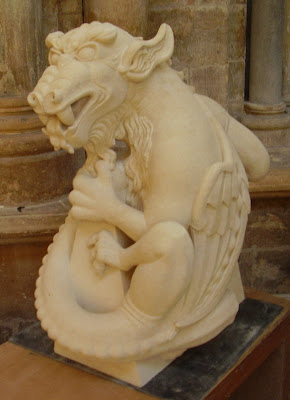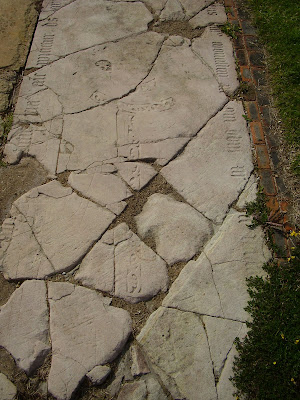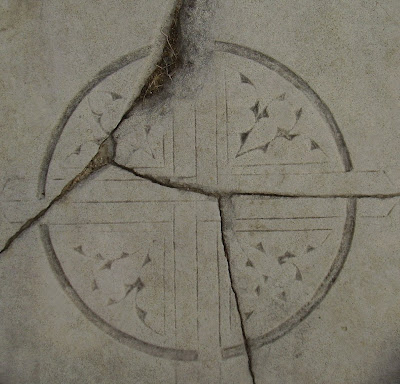 Being a priest is so difficult that we tend to settle for being something less. My ordination anniversary ticked by again and I’ve been recalling this warning.
Being a priest is so difficult that we tend to settle for being something less. My ordination anniversary ticked by again and I’ve been recalling this warning.The base definition of ‘priest’ would appear to be someone who does things which create a link between God and people (performing a sacrifice or giving an absolution are probably the most obvious examples). But if you have both a ‘priesthood of all believers’ as well as a ministerial priesthood then perhaps this definition needs to be revised to remove the implication that God and people cannot make contact without us. Perhaps a priest is meant to be a catalyst in the reactions always going on between God and people.
So when we lead worship or we teach we are simply trying to increase the likelihood that God and people will connect. When we offer pastoral care we are simply trying to work this out in individual lives. When we run churches we are simply trying to apply this to corporate Christian life. When we work in the community we are simply trying to seek this to society. But, because this is so difficult to define and so difficult to do, the temptation will always be to settle for being good at using the basic tools instead.
We need to handle liturgy creatively but the danger will always be that we end up providing an aesthetic experience or entertainment rather than opening up possibilities of connecting with God. Whenever anyone says to me after a service ‘Thank you, I enjoyed that’ I have to stop myself saying ‘But making you enjoy it wasn’t what I was trying to do’.
We need to speak informatively but the danger will always be that we end up providing academic understanding or information rather than opening up possibilities of connecting with God. Whenever anyone says to me after a sermon or study session ‘Thank you, that was very interesting and I learnt a lot’ I have to stop myself saying ‘But being interesting wasn’t what I was trying to do’.
We need to care professionally but the danger will always be that we end up providing counselling or therapy rather than opening up possibilities of connecting with God. Whenever anyone says to me after a pastoral encounter ‘Thank you, I feel much better’ I have to stop myself saying ‘But making you feel better wasn’t what I was trying to do’.
We need to lead effectively but the danger will always be that we end up providing efficient management rather than opening up possibilities of encounter with God. Whenever anyone says to me after a church activity or meeting ‘Thank you, that went very well’ I have to stop myself saying ‘But making it go well wasn’t what I was trying to do’.
We need to relate openly and widely but the danger will always be that we end up behaving like an ecclesiastical deputy for the Mayor rather than opening up possibilities of encounter with God. Whenever anyone in the community says to me ‘Thank you, that was really helpful’ I have to stop myself saying ‘But being helpful wasn’t what I was trying to do’.
(Of course they don’t always say how enjoyable, interesting, making better, going well and helpful are the things I do, but that would be a topic for a different post.)














